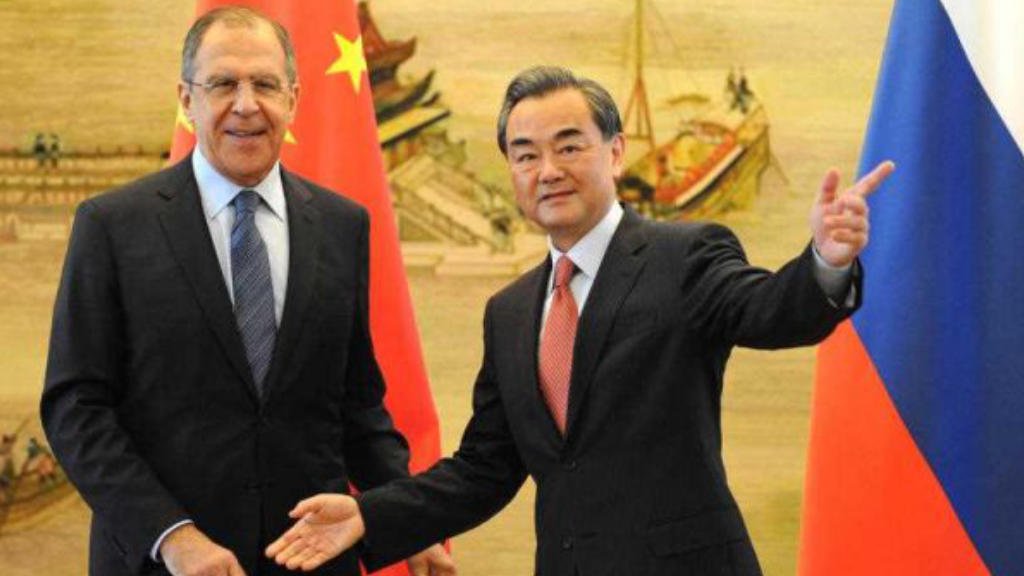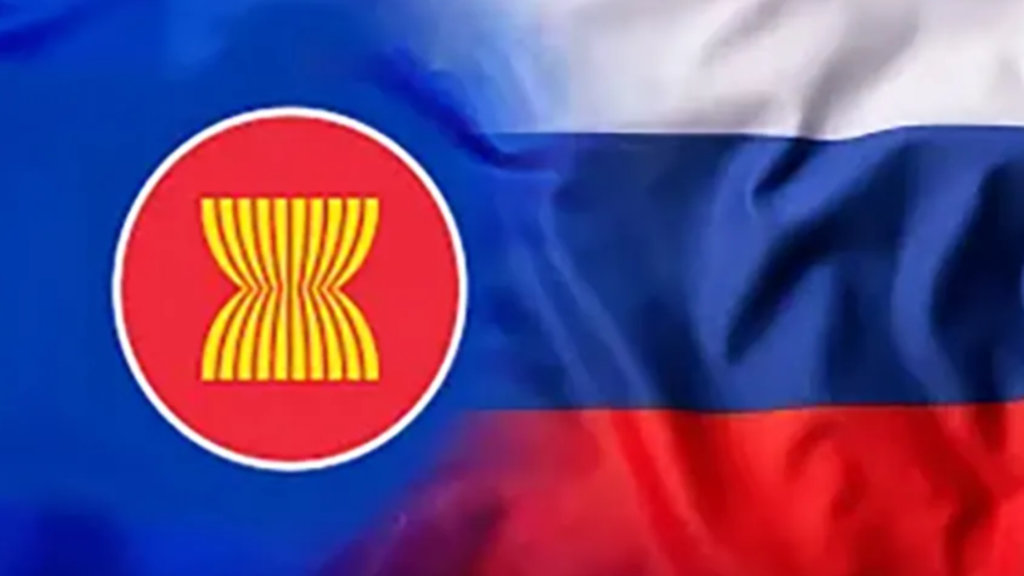
The phrase “Russia’s Pivot to Asia” has been in use for over a decade – and deployed by many to describe the reactions of Russia towards to economic sanctions imposed by the West. Those began in 2012. So, with over ten years of tracking this phenomenon, how accurate has Western media been in detailing what has been happening? We summarise the top twenty google searches of the phrase to uncover the most popular articles, what was said, who by, and when, in chronological order:
The Heritage Foundation, 2012
“The potential is tremendous. Can Russia rise to the challenge?”
Brookings Institute, 2013
“For all its posturing about turning Russia into a hub of intra-Asian trade and cooperation, Moscow’s strategic focus is still stuck on the West.”
ICPS, 2013
“Russian foreign policy faces the mismatch between a self‐perceived image and notion of a Soviet‐era great power and the actual reality of a truncated and a stagnant Russian petro‐state seeking to insulate itself from the forces of change.”
CSIS, 2015
“Russia undermines its ability to become a full-fledged Asian power.”
The East Asia Forum, 2016
“Russia has little tangible progress to show for its turn to the East.”
PRIO, 2016
“This makes Russia one of the key sources of instability in the Asia-Pacific region.”
The Economist, 2016
“Vladimir Putin is leaning east, but his engagement is superficial.”
Taylor & Francis, 2016
“Russia is unlikely to seek a relationship based on a common outlook. That will move Russia ever closer to the non-Western world, primarily the Asian giants.”
Wall Street Journal, 2016
“Moscow’s economic interaction with the region is unimpressive.”
Nanyang University, Singapore, 2016
“Russia needs to strengthen ties with other Asia-Pacific countries and ASEAN as a regional grouping so as to attract more diversified trade and investments into its Far East region.”
ORBIS, 2019
“In the past, geopolitical and economic factors have hindered Russia’s Asian Pivots and caused the Kremlin to turn back toward Europe.”
Marshall Centre, 2019
“The “Greater Eurasia” idea has little economic or institutional backing and exists largely at a rhetorical level.”
The Diplomat, 2020
“Russia’s pivot to Asia is instrumental for offsetting Western sanctions.”
ORBIS, 2020
“The flourishing Sino-Russian strategic relationship has developed mutual economic necessity and geopolitical underpinning.”
Yale 2020
“Ultimately, a desire to avoid becoming China’s junior partner might drive the Kremlin to repair its strained relations with the United States and the European Union.”
Carnegie, 2022
“There is less to this supposed strategic shift than meets the eye. Russia is and will remain a European power.”
ORF, 2022
“The West’s collective reflection of the events in Ukraine draws a conditional line under the 30-year era of Russia’s search for a place in the western-centric world.”
DW, 2022
“Russia’s Asia pivot has boasted few achievements since 2012.”
CFR, 2022
“Don’t pivot from the pivot to Asia.”
DW, 2024
“Russia doesn’t see itself as fully belonging to either the West or to a triangle with India and China. It is not Europe. It is not a part of the West. It is not a part of the East. It is the centre.”
Russia’s Pivot to Asia, 2024
“The most important geopolitical shift in Eurasia for 800 years”
Summary
It should be noted that the above opinions are not listed in terms of their Google popularity, we have listed them in chronological order and have discounted Russian media in order to gain a Western perspective. If we had listed them in terms of online popularity, it is noticeable that Google lists the most negative, anti-Russian (and the oldest) at the top.
That said, of the 20 media statements reported, 12 are dismissive of the ‘Pivot to Asia’ concept and 8 pragmatic or positive. This points to divided global viewpoints over the situation. Of the positive comments, it is noticeable that the prestigious Nanyang University in Singapore in 2016 were among the first to illustrate a pragmatic viewpoint, noting how Russia’s interest in the East would be of economic benefit to ASEAN. Yet neither Carnegie nor Yale subsequently appear to have taken note.
None of the negative pieces mentioned any benefits for Asia in engaging with Russia, other than to be largely dismissive and concentrating largely on what they perceived as a “failed” or “failing” foreign policy.
That in itself is of interest, as much of the underlying attitudes appeared to come from perspectives that Russia cannot succeed and will ultimately face ruin if divorced from the West. That implies a deep-felt belief that Russia fundamentally needs Europe in order to survive and prosper. What is happening today is that those beliefs are now facing significant challenges.
This includes global opinions now being formed by attitudes with non-Western origins, and as we can see in this short study above, slowly taking a more significant and vociferous role in the formulating of international opinion. The cynical may also observe that if search engines such as Google were not American controlled, those may have wider circulation. In summary, while Western attitudes towards Russia’s pivot to Asia may be dismissive, Asia’s are not.



